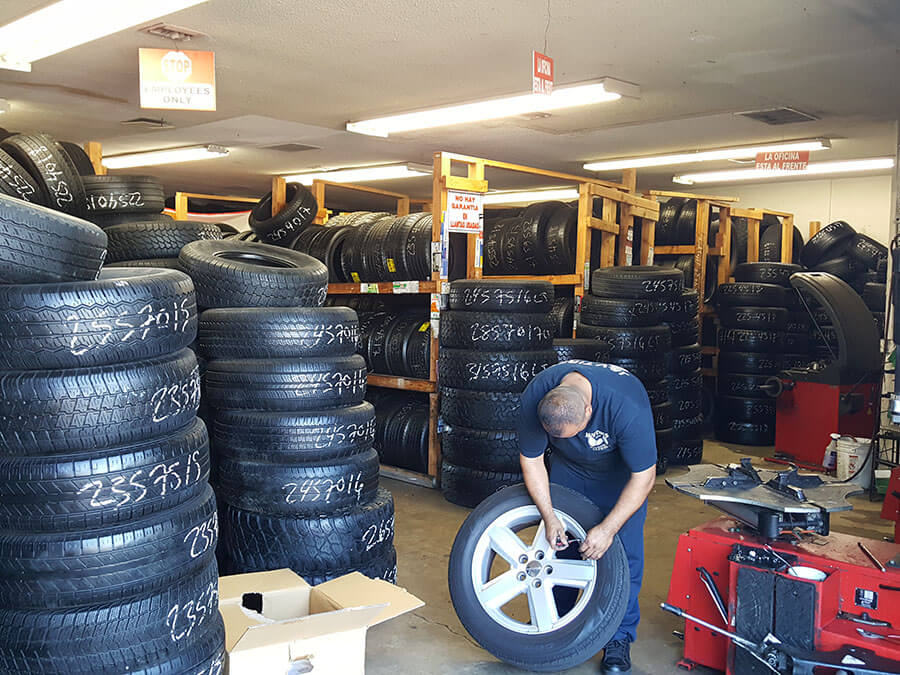Conserve Big with Mopar Tire Service Specials in Morris: Limited Time Provides
Conserve Big with Mopar Tire Service Specials in Morris: Limited Time Provides
Blog Article
Tire Service: Recognizing Tire Pressure Monitoring Equipments
Understanding Tire Stress Surveillance Solutions (TPMS) is an essential element of preserving optimum car efficiency and safety and security when traveling. With innovations in auto modern technology, TPMS has ended up being a basic feature in modern lorries, offering real-time info on tire stress levels. Diving much deeper right into the intricacies of TPMS, one can uncover the different components that make up this system and the significance of each in ensuring precise surveillance. From straight to indirect TPMS systems, the landscape of tire pressure surveillance varies, each with its distinct set of factors to consider and benefits. Remain tuned to untangle the complexities of TPMS, from maintenance pointers to the undeniable benefits of maintaining your tires appropriately inflated. morris tire and alignment.

Importance of TPMS
The significance of Tire Stress Surveillance Systems (TPMS) lies in their capability to enhance car security and performance through real-time monitoring of tire pressure degrees. Maintaining the proper tire stress is crucial for making certain optimum handling, stopping, and overall security of a lorry. TPMS offers chauffeurs with immediate comments on any type of overinflated or underinflated tires, permitting prompt changes to be made.
Elements of TPMS
Sensing units are typically located in the tire shutoff stem or connected to the wheel setting up, where they gauge tire pressure and transfer data to the control component. Some advanced TPMS versions also show the actual tire stress analyses for each tire, giving chauffeurs with real-time details to make certain optimal tire efficiency and security. By checking tire stress constantly, TPMS aids prevent accidents, decreases tire wear, and boosts gas performance, making it a critical component for lorry safety and efficiency. mopar tire service specials.
Kinds Of TPMS

On the other hand, indirect TPMS counts on the car's wheel rate sensing units to monitor tire stress. This system identifies underinflation by contrasting the rotational speeds of the wheels. Indirect TPMS is much less costly than direct TPMS, as it utilizes existing sensing units within the lorry.
While straight TPMS offers more exact analyses, indirect TPMS is easier in style reference and usually requires much less maintenance. Both systems have their advantages and limitations, and the choice between them usually depends upon factors such as price, lorry make, and personal preference. Comprehending the differences between these two kinds of TPMS can assist car proprietors make informed choices regarding tire upkeep and safety and security.
TPMS Upkeep Tips
Efficient maintenance of TPMS is crucial for guaranteeing optimal efficiency and safety and security of your vehicle. Regularly examining the TPMS sensors for any kind of damage or rust is vital. Make certain that the sensors are complimentary and tidy from particles that see this website can conflict with their functioning. Furthermore, it is suggested to examine the sensing unit batteries occasionally and change them as required to assure exact analyses. Conduct regular look at the tire stress levels and compare them with the TPMS readings to ensure they correspond. If there are any kind of disparities, rectify the system adhering to the producer's guidelines. Moreover, throughout tire rotation or replacement, make sure that the TPMS components are handled carefully to avoid any possible damages. Lastly, if the TPMS advising light brightens on the control panel, address the concern immediately by inspecting the tire pressures and the general system for any type of faults. By sticking to these maintenance pointers, you can extend the lifespan of your TPMS and enhance the safety and security of your driving experience.
Advantages of Appropriate Tire Stress
Maintaining proper tire stress, as emphasized in TPMS Maintenance Tips, is crucial for enjoying the countless benefits connected with ideal tire stress levels. One of the main advantages of maintaining the appropriate tire pressure is enhanced gas effectiveness. When tires are appropriately inflated, there is less moving resistance, bring about better gas economy. Furthermore, correct tire stress ensures even tire wear, prolonging the life expectancy of the tires and advertising safer driving problems. With the appropriate tire stress, vehicles likewise have far better handling and traction, particularly in negative climate condition. This can boost overall driving efficiency and safety for the chauffeur and travelers. In addition, keeping optimum tire pressure can contribute to a smoother and a lot more comfy trip by reducing resonances and noise brought on by underinflated tires. Finally, the advantages of proper tire pressure exceed just tire longevity; they include improved gas efficiency, enhanced safety and security, far better lorry performance, and total driving convenience.
Conclusion
Finally, comprehending tire stress tracking systems (TPMS) is essential for keeping ideal tire stress and making certain automobile safety. By recognizing the relevance of TPMS, recognizing with its parts, recognizing the different kinds available, adhering to appropriate maintenance suggestions, and realizing the see this website benefits of preserving proper tire stress, chauffeurs can boost their driving experience and prolong the life expectancy of their tires. Correct tire pressure is key to effective and secure vehicle operation.

Report this page